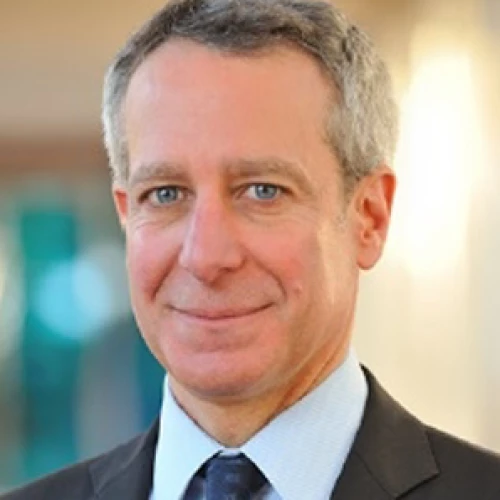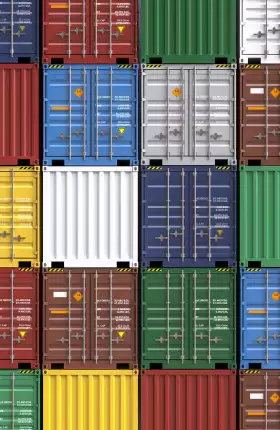
Education
- MBA, INSEAD
- MEng , chemical engineering, McGill University
- BEng mechanical engineering, McGill University
Marc Gilbert is a core member of the Industrial Goods and Consumer practices at Boston Consulting Group and a leader in BCG’s Global Advantage and Operations practices. He leads the firm's work in geopolitics and trade impact within the Global Advantage practice and is the global lead of BCG’s Center for Geopolitics. He has engaged with clients in North America, Europe, the Middle East, North Africa, and Asia, helping them navigate today’s unprecedented shifts in the global business landscape. Marc spends much of his time advancing artificial intelligence (AI) in Canada, including in his role as a board member of SCALE.AI.
In addition, Marc is a core member of BCG’s Centre for Canada’s Future. In that role, he helps move Canada forward by providing insight and expertise on the country’s most important issues. The Centre also aims to convene leaders from the business, government, and nonprofit sectors to work together to achieve impact.
Since joining the firm in 1997, Marc has driven and implemented large transformations and global change efforts across all major sectors in North America and Europe. Marc’s project work includes large-scale change, growth, organizational redesign, operational effectiveness, competitive benchmarking, and post-merger integration.
Prior to joining BCG, Marc worked at Merck & Co. in its manufacturing division, in process and new product engineering, and in new plant design. He also worked for Merck’s specialty chemicals division.











